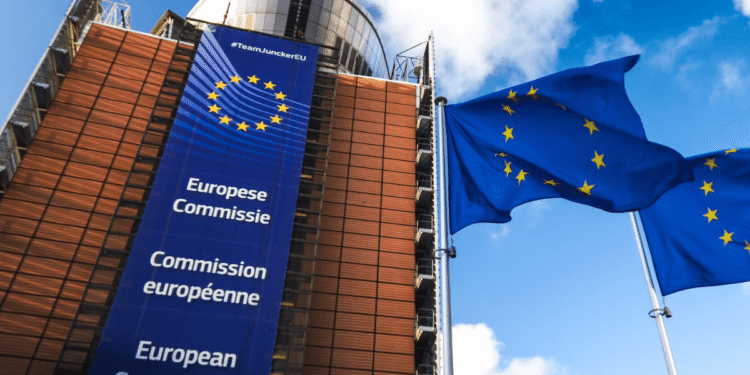The European Commission, on Tuesday, added Kenya to its list of high-risk countries with strategic deficiencies in their anti-money laundering (AML) and countering the financing of terrorism (CFT) regimes.
The decision aligns with findings from the Financial Action Task Force (FATF), an intergovernmental money laundering and terrorist financing watchdog, which had previously grey-listed Kenya in February 2024.
Since then, Kenya has implemented measures to improve its AML/CFT framework, including completing a TF risk assessment and aligning its Targeted Financial Sanctions (TFS) framework with global standards.
Despite the commitment and progress made by the East African country, the Commission concluded that Kenya is yet to address the deficiencies that led to the addition to the FATF’s “grey list.”
“Kenya should, therefore, be considered a high-risk third country,” the report by the Commission noted.
“The Commission has carefully considered the concerns expressed regarding its previous proposal and conducted a thorough technical assessment, based on specific criteria and a well‑defined methodology, incorporating information collected through the FATF, bilateral dialogues, and on‑site visits to the jurisdictions in question,” the Commission added in a statement.
What this means
EU-based financial institutions and entities are now required to apply enhanced vigilance when dealing with transactions involving Kenya. This means stricter scrutiny, increased compliance costs, and potentially more delays for cross-border transactions.
The development could significantly affect the country’s global standing as an investment destination, potentially deterring foreign direct investment. Additionally, the move could significantly raise the complexity and cost of doing with Kenya.
Other African countries added to the list include Algeria, Namibia, Angola, and Côte d’Ivoire. However, Uganda and Senegal were delisted.
The updated list will enter into force within one to two months, pending review by the European Parliament and Council.
Read more: Trump’s Proposed 5% Remittance Tax Could Shake Kenya’s Forex Reserves




